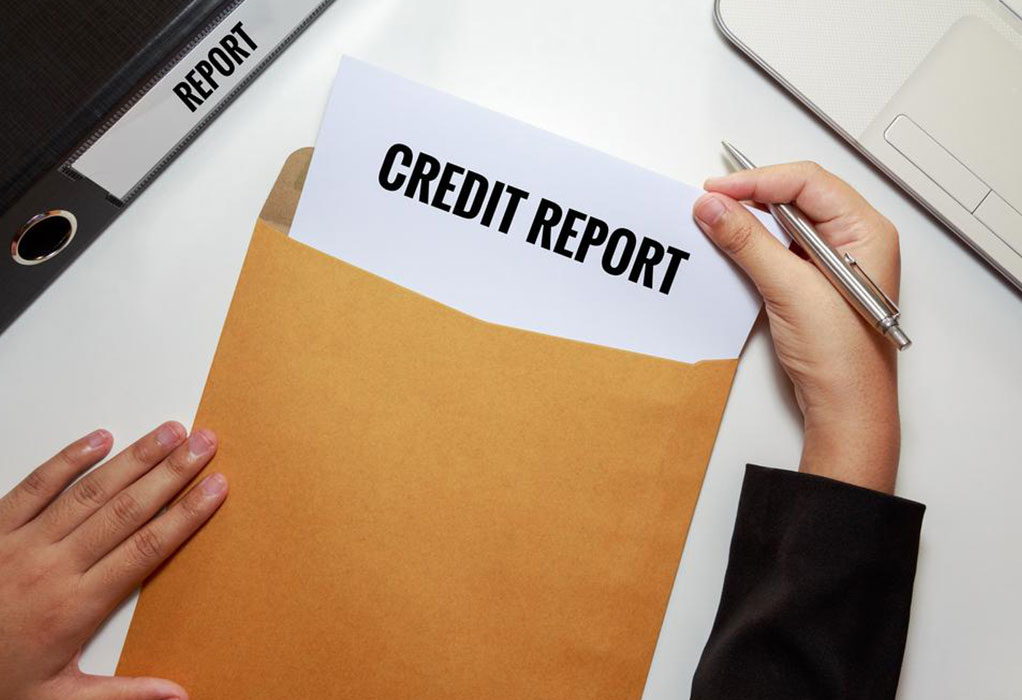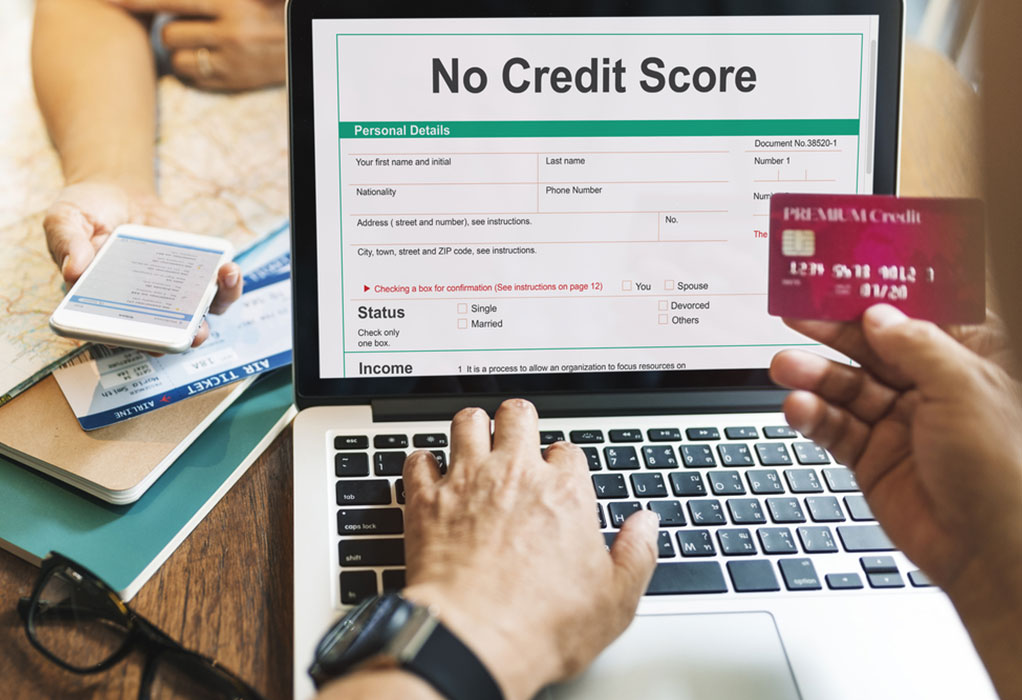Proven Methods to Dispute and Correct Your Credit Reports
Learn effective strategies to dispute and correct errors on your credit report. Regular reviews help ensure accuracy, protect your financial reputation, and prevent identity theft. Understand the process of filing disputes with credit bureaus and data providers to maintain a valid credit profile.

Proven Methods to Dispute and Correct Your Credit Reports
Your credit report provides detailed information about your residence history, payment behavior, legal issues, and bankruptcy records. Financial institutions, insurance companies, potential employers, and landlords review this data to evaluate your creditworthiness. It’s recommended to check your report annually to identify errors and prevent identity theft. Mistakes can negatively affect your loan eligibility. If inaccuracies are found, you have the right to challenge them to ensure your credit profile remains accurate and protected.
The three major credit bureaus—Equifax, Experian, TransUnion—offer free annual reports upon request. You can also get a free report if your loan, job, or insurance application is denied within 60 days, or if you're unemployed seeking new employment, on welfare, or a victim of identity theft. To dispute inaccuracies, contact the relevant credit bureau and data furnisher, providing supporting evidence for corrections. They must investigate within 30 days, verify the data, and update your records if errors are confirmed.
To challenge incorrect details, send a written dispute to the credit bureau with relevant evidence. They are required to investigate and notify you of their findings. If errors are verified, the bureau will update your report and inform you of the changes. Keep copies of all correspondence. If the dispute remains unresolved, entries may be added to your credit file for future reference, which could involve fees. You can also notify the data provider directly with documentation, but always start with the credit bureau to protect your rights.
Always dispute with the credit bureau first before contacting lenders to safeguard your legal interests. Proper documentation and clear, detailed information in your disputes strengthen your case. Remember, bypassing official procedures could limit legal options. Keep records of all dispute communications for future use and credibility, especially if further legal action is needed.
Note:
This article provides general information on credit report disputes based on research. It’s intended for guidance, not as definitive legal or financial advice. Readers should verify details and consult professionals for personalized assistance. The content disclaims responsibility for inaccuracies or missed opportunities that may arise beyond the scope of this article.


